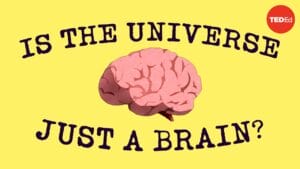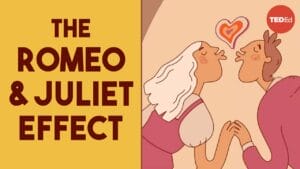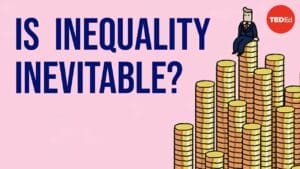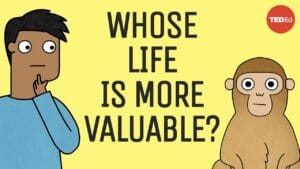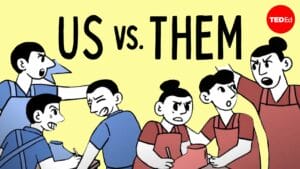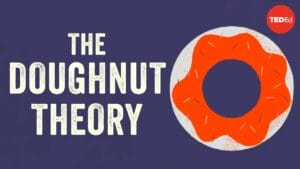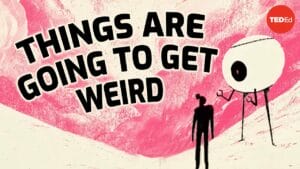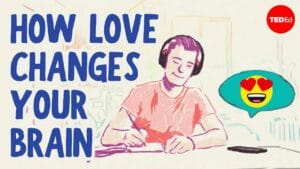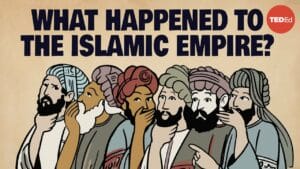
The Rise And Fall Of The Medieval Islamic Empire
The article discusses the emergence of Islam in the 7th century and its impact on the world. It highlights the formation of a new empire under the leadership of Prophet Muhammad, the expansion and dissent within the empire, the rise of the Umayyad Dynasty and later the Abbasid Rule, and the eventual fall of the empire. Despite its decline, the Islamic Empire left a lasting legacy through its language, religion, and intellectual ideas.
